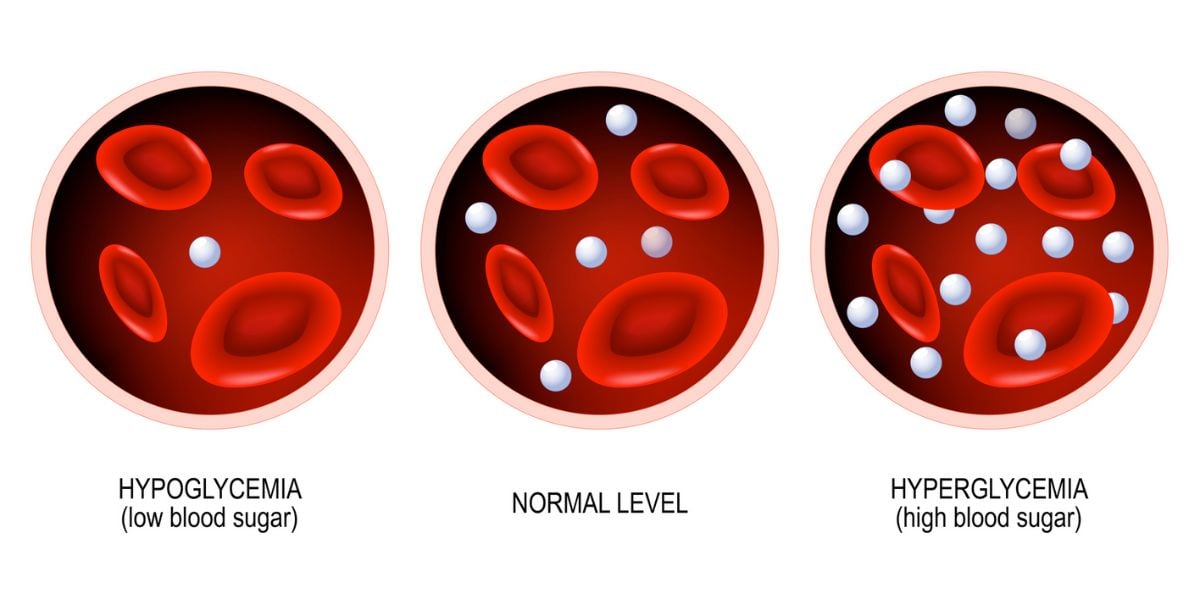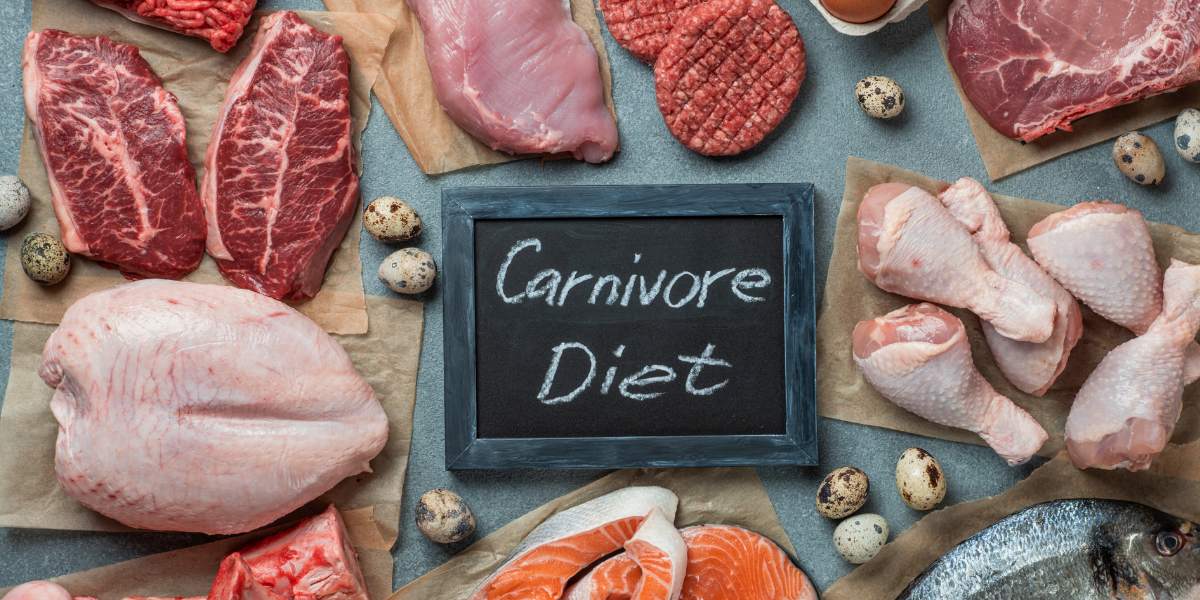When choosing what to drink, there are a couple of main considerations relevant to your diabetes to take into account.
The first consideration is whether, or how much, the drink will affect your blood sugar levels
The other main consideratio, which will be relevant to all of us to some degree but of particular relevance for those of us watching our weight, is to consider the calorie content of drinks.
Water
You can’t go too far wrong with pure water. It provides the hydration your body needs and is, of course, zero carbohydrate and zero calories.
Milk
Moderate carbohydrate content which may need to be accounted for, particularly in people with type 1 diabetes, if drinking close to or more than 100ml.
Milk tends to be a good source of energy and people that wish to watch their weight will need to take into account the calorie content of milk. Skimmed tends to have around half the calories of whole milk.
Fruit juice
Fruit juice is usually regarded as a healthy option but it should be noted that fruit juices have a relatively high carbohydrate content. The calorie content of fruit juice is similar to that of skimmed milk.
Despite being quite high in carbohydrate content, fruit juice needn’t be totally avoided and can be a good option before taking a sustained period of exercise as the activity may help to balance out the rise in blood sugar levels from the juice.
To ensure you get good nutritional value from fruit juice, ensure you have real, unsweetened fruit juice.
Fruit squash and cordials
Fruit squash and cordials tend to be sweetened but some sugar free versions may be available. Squash and cordials don’t carry the nutritional benefits of real fruit juice but can be a lower carbohydrate and lower calorie alternative to sugar soft drinks.
Sugary soft drinks
Sugary soft drinks are high in both carbohydrate and calories and generally contain no nutritional value aside from energy, which can lead to taking in more energy than the body needs, or leading to not taking in enough vitamins and minerals.
Sugary soft drinks are generally best avoided but can be useful if you specifically need to raise your blood glucose levels, such as before, during or after exercise or to help treat a hypo.
Diet soft drinks
Diet soft drinks tend to be popular with people with diabetes as they are low in carbohydrate and low in calories.
Diet soft drinks tend to use artificial sweeteners and other artificial agents to provide sweetness, flavour and colour. Whilst soft drinks are recognised as safe for consumptio, research has raised some questions over potential health issues and some people may prefer to limit or avoid their exposure to soft drinks as a precaution.
Tea
Research into the effects of non-milky tea has identified a range of health benefits, including improving insulin sensitivity and helping maintain healthy blood pressure. Lovers of milk in tea will be disappointed to know that the health benefits generally aren’t realised when milk is added to tea
Coffee
There are probably few foods or drinks that get such a mixture of good and bad headlines as coffee. Confusingly, coffee has been linked with both increased and decreased risks of developing type 2 diabetes.
Studies looking into moderate coffee consumption (2-3 cups a day) have shown some health benefits, including a lower risk of type 2 diabetes, whilst high coffee consumption (5 or more cups a day) has been linked with a higher risk.
Note that milky coffees such as lattes can be high in calories, with larger lattes sometimes varying between 100 and 300 calories.
Sugar in hot drinks
Many people enjoy sugar in hot drinks but people with diabetes are better off having drinks without sugar where possible as one or two teaspoons of sugar in each drink can add up over the course of a day.
2 spoons of sugar in 5 hot drinks a day is as much calories and carbohydrate as a can of full sugar cola.
Alcoholic drinks
When having alcohol, there are a few things to consider:
- How the drink will affect blood sugar levels
- The calorie content of the drink
- Whether alcohol will interact with any medication you take
Alcoholic drinks can be responsible for raising and lowering blood glucose levels so it’s useful to understand how different alcoholic drinks can affect your sugar levels.
For those keeping an eye on their weight, it’s important to note that alcohol is significant source of calories. For example, a single pint of regular beer has 200 calories, which is as many calories as a large slice of pizza.
Some medications interact with alcohol. It is advisable to check the patient information leaflet enclosed with your medication and consult your doctor if you have further questions.





